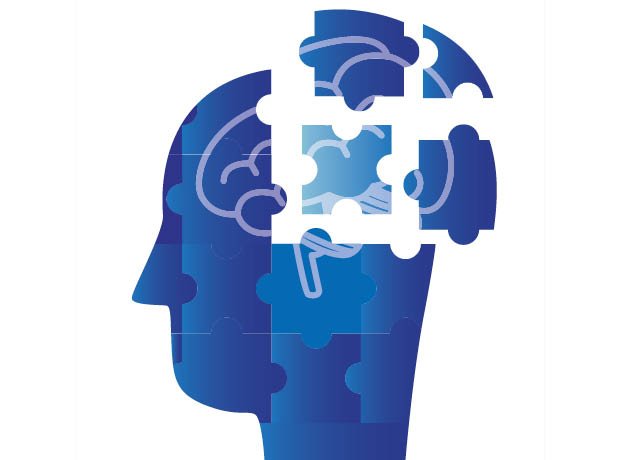Lab-grown blood vessels could potentially treat strokes and vascular dementia

Cerebral SVD contributes to 45% of dementia cases and 20% of ischaemic strokes
Scientists from the University of Cambridge’s Victor Phillip Dahdaleh Heart and Lung Research Institute have grown small blood vessel models in labs to potentially treat major causes of stroke and vascular dementia.
The team also identified a drug target to ‘plug’ leaks in small blood vessels and prevent small vessel disease (SVD) in the brain.
The study, published in Stem Cell Reports, used lab-grown small blood vessels to portray how damage to the extracellular matrix – the scaffolding that supports these vessels – can cause them to leak and potentially lead to conditions including stroke and vascular dementia.
The leading cause of age-related cognitive decline, cerebral SVD, has two main forms that link to high blood pressure and type 2 diabetes, or, as a rare form, is caused by a mutation in the COL4 gene.
The condition contributes to 45% of dementia cases worldwide and is responsible for 20% of the most common type of stroke, ischaemic strokes, when a blood clot prevents the flow of blood and oxygen to the brain.
Using cells taken from the skin biopsies of patients with rare forms of SVD, scientists created induced pluripotent stem cells, which develop into any type of cell within the body, to create a model of the disease that replicates the defects seen in patients brain vessels.
After discovering that a class of molecules known as metalloproteinases (MMPs) disrupts and damages the extracellular matrix, researchers treated the blood vessels with the antibiotic doxycycline and the anti-cancer drug marimastat, which inhibits MMPs and reverses the damage and leakage.
MMPs usually work to maintain the extracellular matrix. However, if too many MMPs are produced, the structure can be damaged.
Study lead, Dr Alessandra Granata, department clinical neurosciences, University of Cambridge, said: “These particular drugs… show that, in theory, targeting MMPs could stop the disease.
“Our model could be scaled up relatively easily to test the viability of future potential drugs.”
Source link
#Labgrown #blood #vessels #potentially #treat #strokes #vascular #dementia